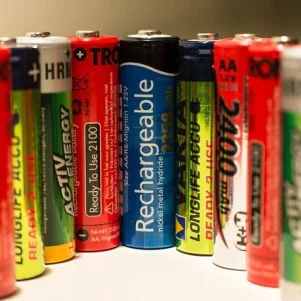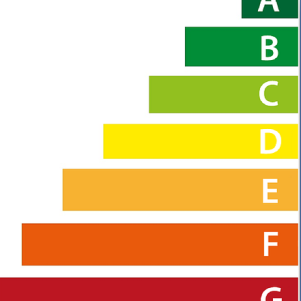Royal Decree 36/2023, dated January 24, establishes a system for Energy Savings Certificates (RD 36/2023), ESC or CAE in Spanish, and defines these certificates as electronic documents that reliably acknowledge the annual savings in final energy consumption resulting from an energy efficiency measure implemented, either through a catalogue of standardised measures or through unique actions.
In other words, these certificates are instruments that allow for the monetisation of energy savings achieved through improvements in energy efficiency.
Several stakeholders are involved in the CAE system, namely:
- Obligated entities
- Delegated entities
- Owners of the savings
- Energy savings verifiers
- Regional managers
- National Coordinator of the CAE System
This article focuses on the role of the delegated entity.
Concept and Regulation of the Delegated Entity
According to RD 36/2006, a delegated entity is any legal person that can assume, wholly or partially, the delegation of energy savings from one or more obligated entities, provided that it has been previously accredited as such by the National Coordinator of the CAE System.
In essence, the delegated entity can take on, by delegation, the energy savings targets of the obligated entities (such as gas and electricity marketing companies, wholesale petroleum product operators, and wholesale liquefied petroleum gas operators) within the context of the CAE system.
The activities of delegated entities are governed primarily by Spanish law, specifically by RD 36/2023 and by Order TED/815/2023, dated July 18, which partially develops Royal Decree 36/2023.
Accreditation as a Delegated Entity in Spain
According to Article 9 of RD 36/2023 and Articles 4 and following Order TED/815/2023, to be considered a delegated entity, it is necessary to obtain accreditation issued by the National Coordinator of the CAE System. This accreditation is granted only after demonstrating compliance with minimum requirements regarding legal capacity, technical competence in energy efficiency, and financial solvency.
Legal Capacity
Applicants for accreditation as a delegated entity in Spain must have legal personality, a corporate purpose related to the CAE system, and either the Spanish nationality or the nationality from another EU member state or a permanent establishment in Spain.
Technical Competence
Applicants for accreditation as a delegated entity in Spain must meet specific requirements concerning their personnel and their management system following the UNE-EN ISO 9001:
Personnel
Spanish legislation distinguishes between novel candidates for accreditation and those with at least three years of experience as a delegated entity in another EU member state. The requirements regarding the minimum number of employees with a demonstrated background in the energy sector and their qualifications are different for each case.
- For novice candidates, the staff must consist of a minimum of eight (8) professionals, of whom six (6) must hold official university degrees in engineering or architecture (with at least three of them having a minimum of three years of experience in energy efficiency), and two (2) must have degrees in law or economics (with at least one of them having a minimum of three years of experience in energy efficiency).
- For experienced candidates, the staff must also consist of a minimum of eight (8) professionals with official university degrees, of whom four (4) must be able to demonstrate a minimum of three years of experience in energy efficiency in any other EU member state.
Quality Management System
Applicants for accreditation as a delegated entity must have a quality management system certified under UNE-EN ISO 9001 by an organization accredited by ENAC (https://www.enac.es/) or by the national accreditation body of a member state of the EU, following Regulation (EC) 765/2008 of the European Parliament and Council, dated July 9, 2008.
The scope of this management system must, in any case, encompass activities as a delegated entity.
Financial Solvency
Applicants must meet the following requirements:
- Be current with their tax obligations and social security contributions
- Not have filed for bankruptcy, not have been declared insolvent, and not have been excluded following the Spanish Public Bankruptcy Law
- Be solvent according to their balance sheet and profit and loss account, which implies having equity exceeding €500,000
Candidates with prior experience must also meet the following criteria:
If they have at least three (3) years of experience:
- A turnover from energy efficiency services or the purchase and sale of certified savings from another EU member state of at least €1,000,000 over the past three years.
- A civil liability insurance policy or other financial guarantee that covers the risks arising from their activities, with a minimum value of €1,000,000, provided it covers at least 10% of the total economic value of the annual energy savings commitments and the energy savings needs they have assumed or for which the contract has been awarded through a tender.
If they have less than three (3) years of experience:
A civil liability insurance policy or other financial guarantee that covers the risks arising from their activities, with a minimum coverage of €2,000,000, provided it covers at least 20% of the total economic value of the annual energy savings commitments and the energy savings needs they have assumed or for which the contract has been awarded through a tender.
If you need additional information about the accreditation of delegated entities in Spain,





